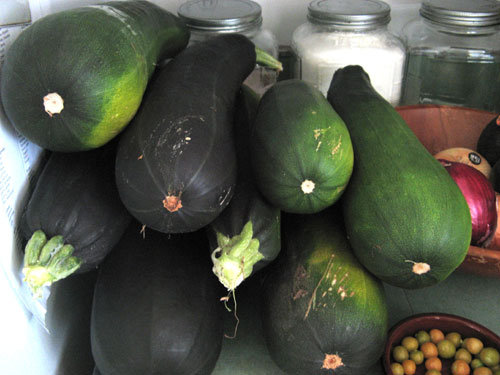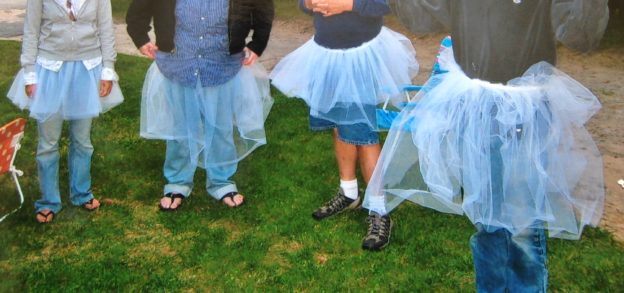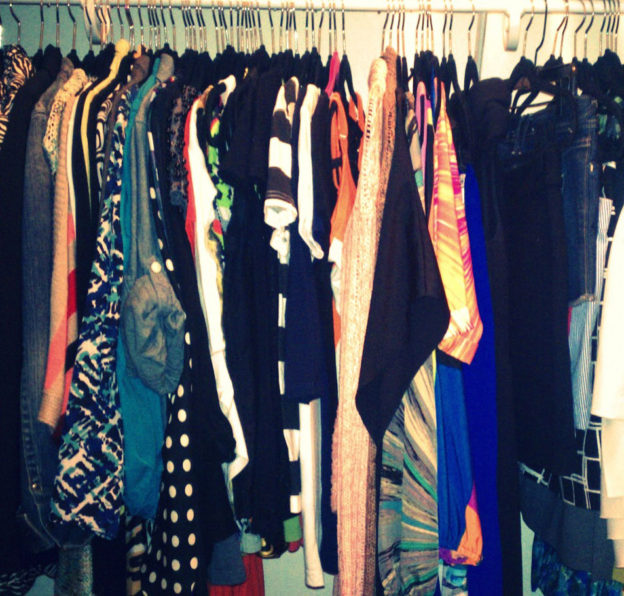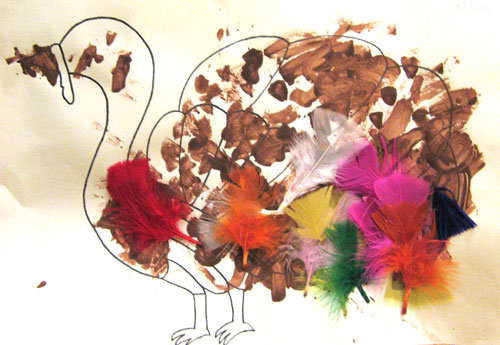When our firstborn was a toddler, she had night terrors. If you have not experienced night terrors, imagine a lot of screaming. Add more screaming. Now feel as useless as possible. You’re close.
Our daughter would have her eyes open and look completely awake, but still be dreaming. She’d look at us and see something else entirely.
And there was no waking her. I suppose we could have dumped ice water over her, but I’m not even sure that would have worked. She couldn’t let go of the dream.
Instinctively, we did what parents do with screaming children: we picked her up. Which was exactly the wrong thing to do. In her world, the thing that was making her scream had gotten her and was carrying her to its lair. Injuries have been sustained by parents who thought picking up the child was a good idea.
After weeks of struggling to get her out of the nightmare, we realized we needed to go into it.
At first it was a case of the blind leading the screaming. Or vice versa. We had no idea what terrifying things we were dealing with.
I became a battler of demons. I’d sit next to her and instead of trying to wake her up, I’d say
I’m here and it’s all gone. You are so big and strong. Nothing is brave enough to scare you. It’s all gone. Your family is here and everyone is safe. Or something like that.
I had to improvise because I had no idea what was lurking in there. I’d change tack mid-stream when a line of reasoning wasn’t working. I’d just keep vanquishing until something hit the target. (It turned out to be giant lobsters. I wish I had known this as I’m quick with the claw crackers.)
Once she settled down (i.e. stopped the blood-curdling screaming), I’d put us back where we belonged – where we were all along: You are safe in your bed. Nothing can hurt you.
I’d say it over and over until she believed me and her breathing told me I could go back to bed.
What I learned from all this: Sometimes you need to meet people where they are. There are times when metaphysical truths like “you are safe and whole and right where you are supposed to be right now” are so far from someone’s experience that she can’t hear it at all. So you dive in and fix a belief – or clear a path so people can fix it themselves. And then you follow up with what’s true.
Caution: Don’t get sucked into the nightmare.
It’s easy to get caught up in the scary. There is so much that is scary. There are many things that we need to be brave and strong to get through. There are also many things that are big because we are scared of them. With these things, they get bigger and bigger until, for instance, someone offers to help.
We don’t always need to be woken up as much as we need to be validated. Night terrors are not just for toddlers, and they don’t just happen at night. I for one want to scream and cry fortnightly.
And I don’t know about you, but I am very grateful when someone shows up with claw crackers instead of a bucket of ice water.
This column originally appeared in The Magazine of Yoga








